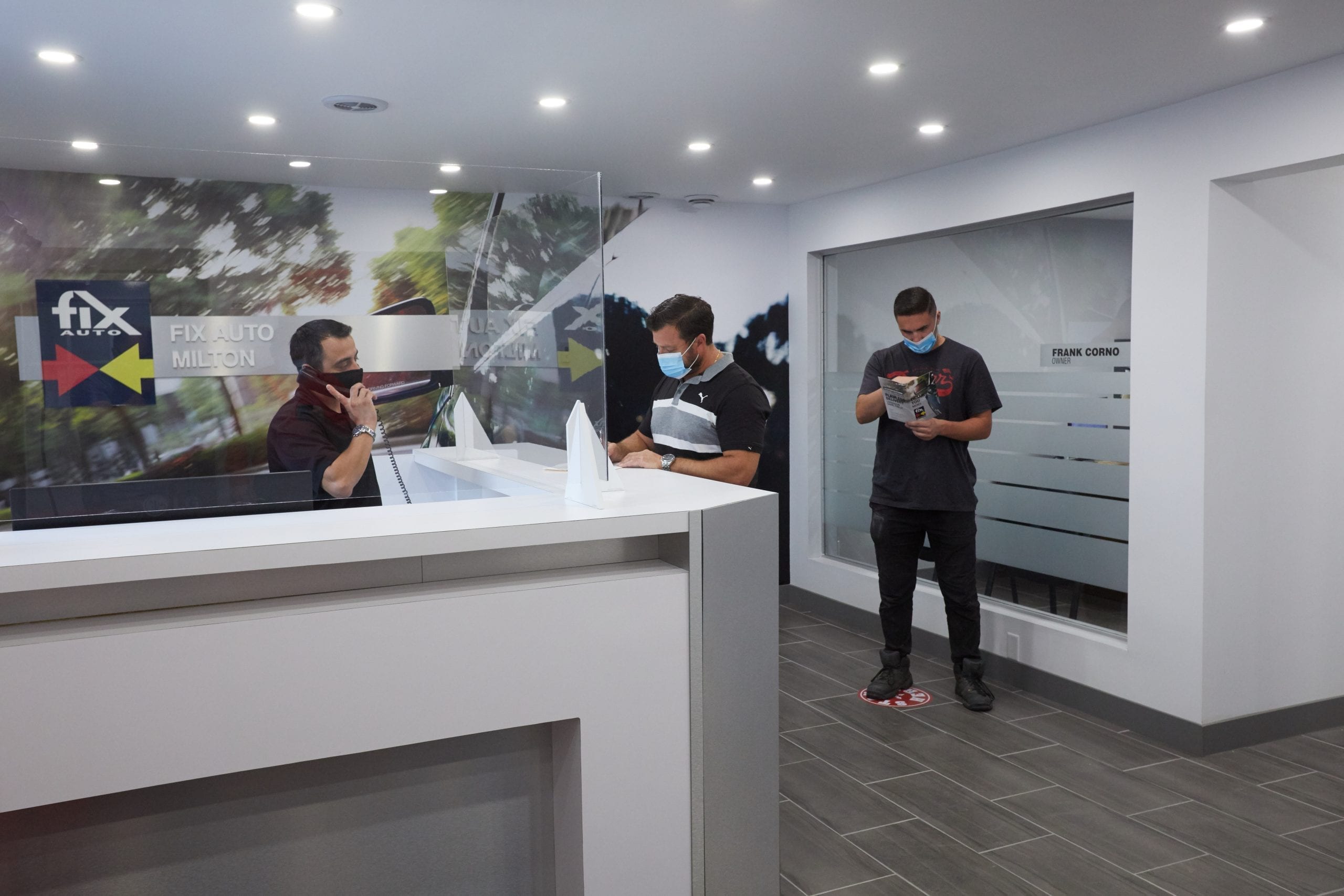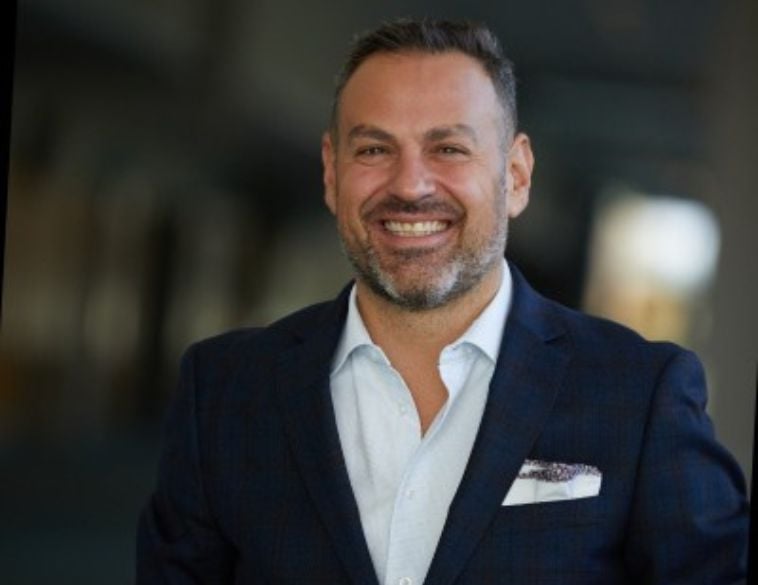Tough times emphasize the importance of communication, collaboration and support available through a progressive repair network.
Uncertainty seems to be the buzzword at the moment. The COVID-19 pandemic has impacted just about every individual and every business on the planet. Yet those that will survive and thrive are the ones that take a long-term view, are consistent in their actions and are able to leverage their strengths in both good times and bad.
At Fix Network, the strategic approach to growth and success is both incremental and ongoing, whether the economy is roaring along or in the throes of a pandemic-induced recession.
Fix Network President & CEO Steve Leal says that even during the COVID-19 era, “our team is in the market every day talking to prospective independent shop owner operators who are interested in growing their business and gaining operational support by joining a network like ours.”

Resilient model
Leal notes that whether these businesses choose to partner with Fix Auto, ProColor Collision, NOVUS Glass or Speedy Auto Service (on the automotive service/repair side), every single brand within the Fix Network is able to provide the services, tools and strategies that can support business operators in both good times and bad. “In that sense,” says Leal, “our business model is resilient.”
In Canada, despite the impact of COVID-19 and the subsequent lockdown and reopening of the provinces and territories, Fix Network has continued to add franchisees. Leal says that over the last six-month period, 20 new Fix Auto, NOVUS Glass and ProColor Collision operators have joined the network across Canada. Additionally, looking further afield, the Fix Network continues to expand internationally, with new centres opening in Mexico, as well as Australia and Germany.
Getting back to Canada, when the brunt of COVID-19 hit the country midway through March and the provinces introduced lockdowns and stay-at-home orders to contain community spread of the disease, many repairers faced a steep decline in work volumes.
For a group such as Fix Network, ensuring that the support was available to help strategic franchise partners through this very difficult and uncertain time was essential.
“The change in volume had a huge impact, not only on our operations but the entire industry,” says Sylvain Seguin, Vice President of Operations, Fix Network Canada.
Quick to adapt
Yet, despite the disruptions caused by the pandemic, the Fix Network was able to quickly adapt to a new operating environment.
“We are fortunate in that we have one of the largest operations teams in the collision repair sector,” says Seguin.
“So, we changed our approach, making sure we had sufficient staff available to help our shops through coaching and support.” These included introducing new standard operating procedures (SOPs), strategies for greeting and managing customer expectations as a result of the pandemic (such as remote drop off and pick up, sanitizing of vehicles etc.) as well as helping the network’s shop staff adapt to the realities of doing business in the social distancing environment.
And, because the situation around COVID-19 continued to change almost daily, the Fix Network was able to leverage the power of its knowledge, resources and expertise to ensure all franchise partners and key stakeholders were able to access critical information they needed and when they needed it.
The training element
Training was also a big factor. “Training is a major part of our operations at the national level,” says Seguin. As an example, when the Quebec government announced training subsidies, the network, in conjunction with CMSO, quickly moved to help its strategic franchisee shops apply for these grants and ensure they were able to access the training their need. Across Canada, the Fix Network took steps to ensure that training could be delivered quickly and effectively at all levels. This included delivering virtual I-CAR classes for technicians, including everything from repair techniques and materials, to calibrations, as well as estimating and understanding insurer requirements, alongside other key aspects of collision operations.
Seguin notes that the key is not just about providing training—but taking an active role by being involved with the shops’ operations and identifying those areas where training can bring the most value. “The collision repair sector is becoming more and more driven by data,” says Seguin, “so for us, as a network it was about ensuring our data entry and analysis was as finely-tuned as possible.”
Scorecards
A crisis has a way of putting everything into sharp focus, and for the Fix Network, Seguin says it was critical that market scorecards were available—both at a provincial and individual shop level—to help its strategic franchise shop partners make a case for their KPIs with insurers, as well as ensure they had the right tools and resources to navigate through the pandemic and come out the other side.
“We have been working very, very hard on this,” says Seguin, “but the fact that we’ve been able to offer more and more remote coaching and training, based on the data and tools we have available through our Fix Network internal hub, is going to make a significant difference over the next few months.” Seguin notes that the blueprint was already in place for this prior to the pandemic and rollouts had begun, but COVID-19 had a way of simply expedited the process.
Focus on communication
On the Sales & Marketing side, the pandemic also required a shift in business practices, but as Tony DeSantis, Vice President, Sales, Fix Network Canada notes, COVID-19 placed a big focus on effective communication. When the lockdowns were first instigated, communication and updates with customers on the insurance and fleet side took place daily. DeSantis says a key point was the effectiveness of those communications whether internal or external. “We have an internal hub system,” says DeSantis, “so, in addition to sending communications out, they reside in a centralized portal where all our partners have access to those details on what is happening.”
Because everything is logged and tracked, it allows for a great deal of adaptation and pivoting to meet changing requirements and market needs. A good example is photo-based estimating—which has zoomed in popularity since the onset of the pandemic.
“We received a lot of requests for it and have developed our own photo-based estimating app,” says DeSantis. He notes that buy-in not only came from the franchise locations, but also from insurance partners, who, thanks to an effective communication hub available through the Fix Network, were quickly able to see the viability of this option in addressing customer needs.
International resources
DeSantis also notes that due to the Fix Network’s international reach, the power of that leverage was really brought home during COVID-19 as the team in Canada was able to draw on the experiences happening with Fix Network operators in other countries and vice versa—creating a pool of knowledge and resources from which operators could position their business not only for survival but continued growth and success in the future, no matter which part of the world they happened to operate in.
As Fix Network President & CEO Steve Leal succinctly puts it, “the biggest opportunity to demonstrate the value of a network is when a crisis—such as the COVID-19 pandemic—forces companies to adapt in response to regulations or government mandates, which evolve and change over time.”
He notes that for individual, independent businesses such as collision repairers, glass shops or mechanical service centres, “how you’ll continue to support your family and keep your employees when these extra measures cut into your bottom line,” becomes a major consideration.
Support through uncertainty
Leal notes that in most cases, when that happens, individual shop operators rarely have the time, nor resources to understand the new rules and regulations, while trying to train their technicians, effectively accommodate customers and keeping their doors open at the same time.
“A network like ours can support you through this uncertainty,” says Leal, “by giving you [the shop operator] the tools, knowledge and training that you and your team need to navigate these shifting regulations and come out ahead.”



